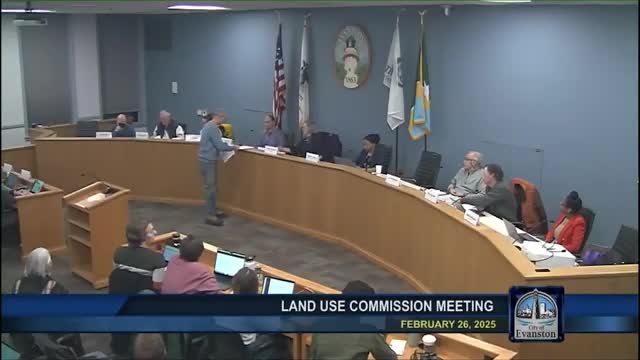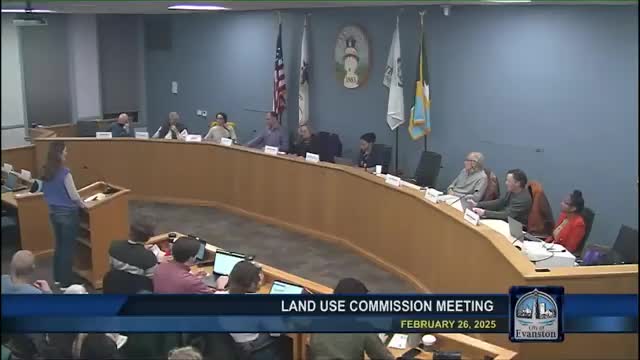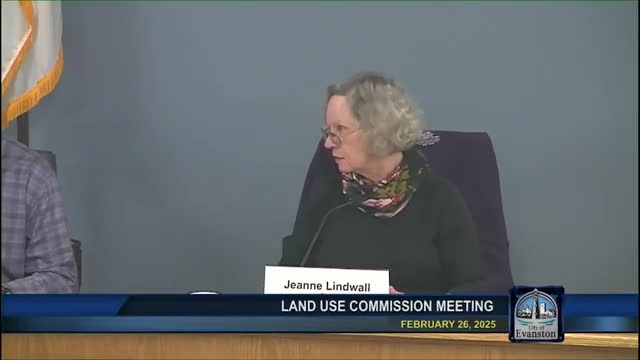Article not found
This article is no longer available. But don't worry—we've gathered other articles that discuss the same topic.

Neighbors ask pause after city negotiates purchase of 1222 Washington; say block’s only private green space at risk

Residents split on zoning and housing: advocates urge reform, neighbors press preservation

